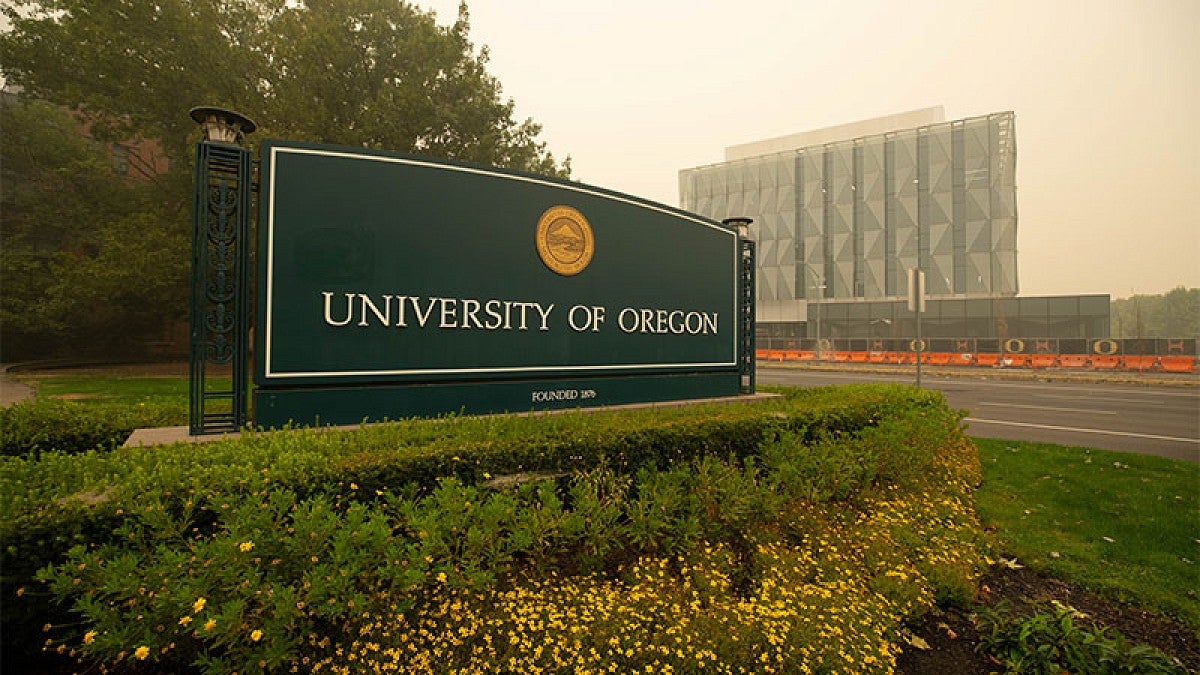With current high temperatures and poor air quality remaining in the forecast, the University of Oregon has taken steps to limit outdoor activities following its established Wildfire Smoke Air Quality Guidance.
The guidance was issued in 2022 by Safety and Risk Services for UO-hosted outdoor events, activities and work assignments. The AirNow website provides information about understanding the air quality index and personal safety measures.
The UO community and visitors should refer to the Alerts website for the most up-to-date UO-related information and to the AirNow website for the latest air quality index during periods of diminished air quality. The annual summer inclement conditions notice below provides additional information and resources.
The Safety and Risk website provides tools, safety sheets and links to in-person and online trainings to help the UO community prevent heat stress during periods of high temperatures and prepare for wildfire smoke conditions. The Office of Human Resources provides guidance about working conditions when air quality issues exist and during heat advisories to ensure the safety and comfort of employees. The guidance includes supervisor responsibilities to ensure workplace safety and compliance with regulations.
As with other inclement weather events, employees who are unable to report to work because of extreme weather or wildfires may use accrued vacation, compensatory time, exchange time, personal leave or leave without pay to cover the missed work time, if applicable and approved to the extent approval is required. Use of accrued sick leave is appropriate only in the case of illness.
The university typically maintains regular operations during heat advisories and periods of low air quality, including the impact of wildfire smoke, with no change to work or class schedules. Should a rare occasion disrupt regular operations, the standard procedures apply for weather-related notifications, such as cancellation, delayed start and early closure decisions.


